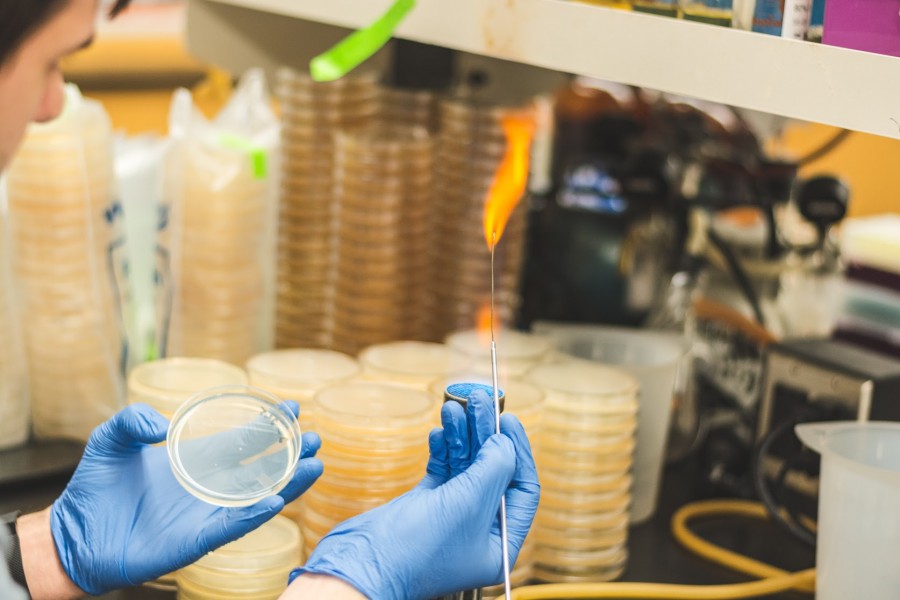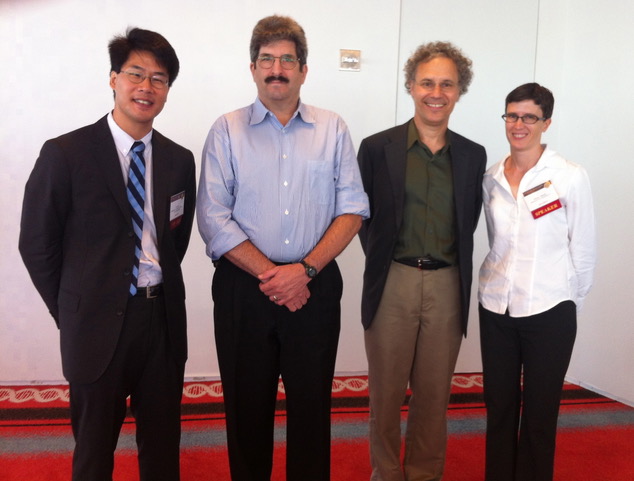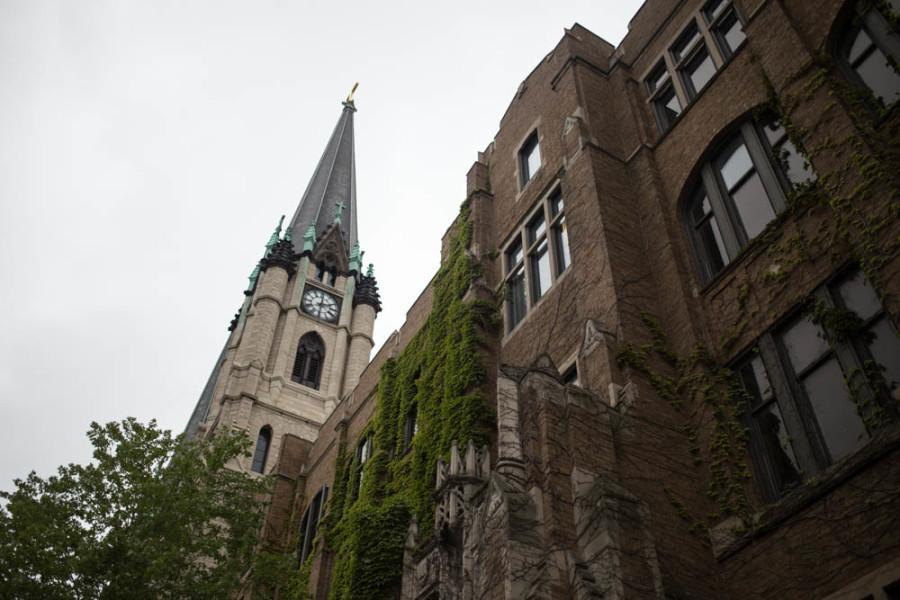Krassi Hristova, assistant professor of biological sciences, and her research team discovered that Milwaukee’s urban waterways are a breeding ground for antibiotic-resistant bacteria.
In Milwaukee, drinking the city’s water, swimming in the harbor or being on the beach can expose people to the bacteria, Hristova said.
When bacteria enters the human body, it can prevent common antibiotics from treating sickness.
According to the Centers for Disease Control and Prevention, 2 million people become infected annually with antibiotic-resistant bacteria and 23,000 people die directly from that bacteria.
Hristova said antibiotics weaken the immune system by fighting the good bacteria that our body needs along with harmful bacteria. For this flu season, she suggests avoiding antibiotics at all costs.
“There’s no reason to use antibiotics during flu season because they are not designed to impact viruses,” Hristova said. “There is also no reason to use antibacterial sanitizers during the flu season. We are just increasing the pool of antibiotic resistant material in our environment and in our human body and making ourselves more susceptible to infection.”
According to Hristova, there is no way to treat the sediment that holds the antibiotic-resistant bacteria in Milwaukee’s harbor, but the future of Milwaukee’s waterway still looks positive.
People flush unused medication down the drain, Hristova said. That incorrect disposal of medication is one of the main reasons for this worldwide issue.
Hristova started her research during summer 2012 with the assistance of undergraduate and graduate students in her lab on campus.
“The objective of this study was to evaluate antibiotic resistance of Escherichia coli isolated from the urban waterways of Milwaukee, Wisconsin, compared to those from Milwaukee sewage and a clinical setting in Milwaukee,” reads the study’s research article.
Since its start, the study evolved into a larger project funded by the University of Wisconsin Sea Grant Institute. The Medical College of Wisconsin and the University of Wisconsin-Milwaukee School of Freshwater Sciences are also involved.
“I think antibiotic resistance is one of our most pressing global issues,” said Michael Walsh, a graduate student in the biological sciences program. “I am glad to see interest in the topic growing as we move forward, and I hope we have begun acting early enough to prevent any large scale resistant pathogens.”
“Most of us are familiar with the problem of antibiotic resistance in clinical settings when commonly used antibiotics cannot treat very common infections, but it’s novel to look outside of the clinical setting and to understand that we also have problems in the environment,” Hristova said.






Tanya Roberts • Jan 22, 2016 at 1:02 pm
Great article and research. Where is the research paper published, I would like to read it for more detail? For example, did the reserch evaluate whether their are feedlots or farms where antibiotics are used in animal feed or on the crops? Many thnaks.